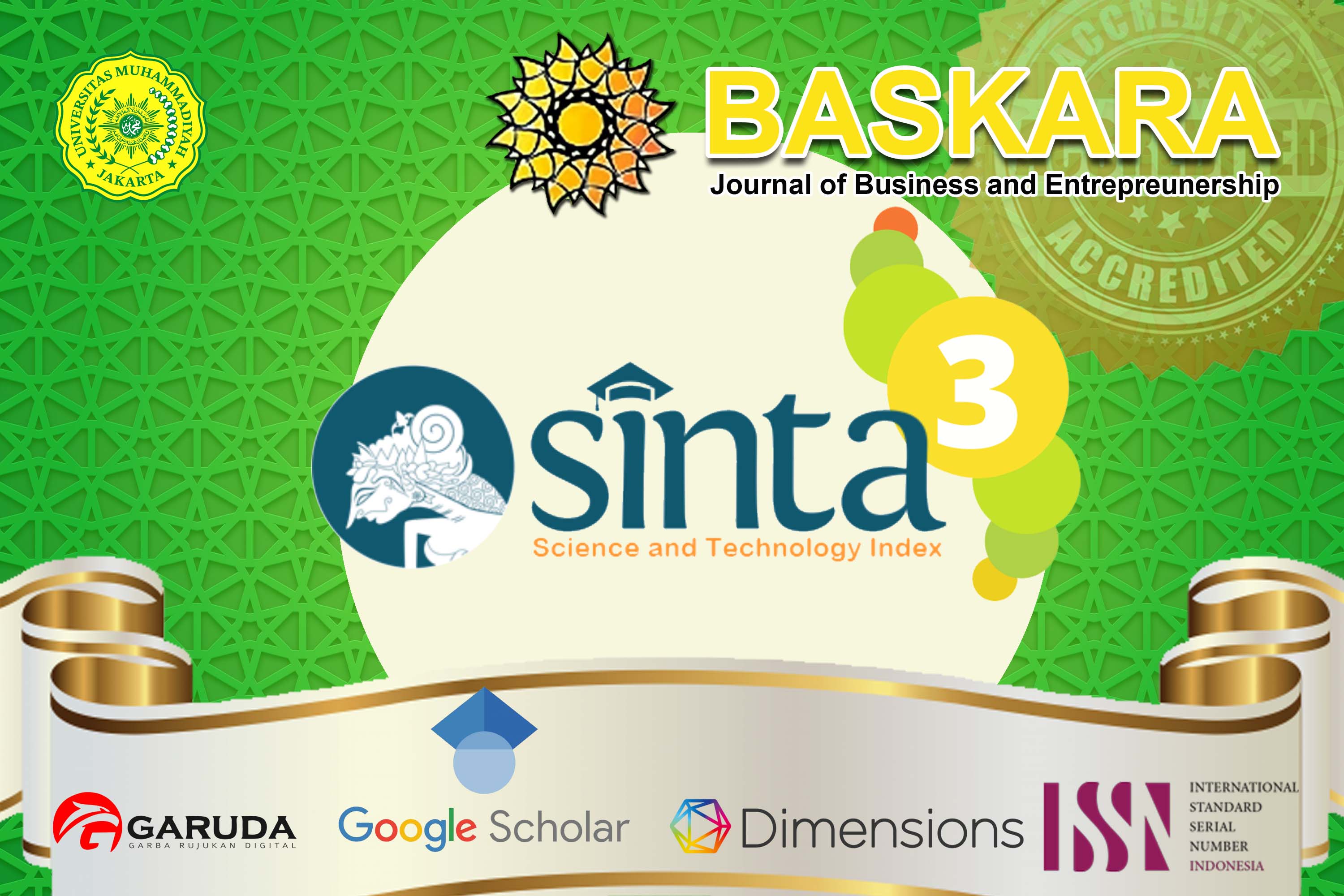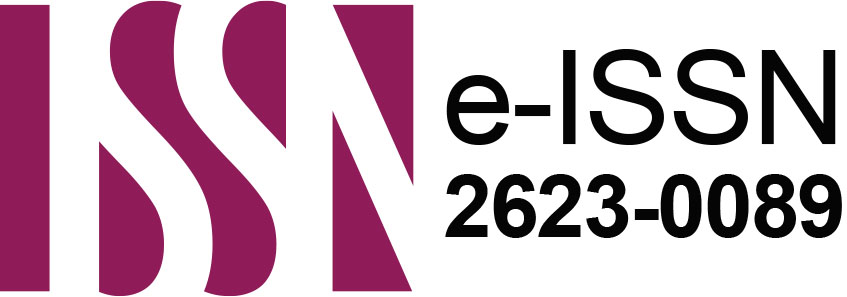Towards an Equitable Sharia Economic System in the City of Tasikmalaya: The Role of Sharia Regional Regulations and Islamic Relations
Abstract
Sharia economic law is an important part of Islamic law. Indonesia, as a country with the largest Muslim population in the world, has enormous potential to play an optimal role in the sharia economic industry. This research is based on the phenomenon of increasing public and regional awareness of the importance of the sharia economic system in the Indonesian economy. The development of sharia regional regulations in several regions of Indonesia is part of an effort to build a sharia economic system and improve people's welfare in an equitable and just manner. The research method used is a grounded, qualitative method. This method is used to find a theory, create a new theory, and even form a new model idea that can help resolve the implementation of a just Islamic economic system. The results of the research resulted in recommendations for the best program solutions in the form of positive impact outcomes for the community, government, and business actors, namely the following activities: creating inclusive and sustainable economic growth; opening wider and more diverse business opportunities; providing an increase in the quality of life of the community; increasing public trust in the financial system; improving the nation's image; improving financial inclusion; improving economic independence; improving community welfare; and making a significant contribution to sustainable development.
Keywords
Full Text:
PDFReferences
Azlina, N., Maesarach, RM, & Said, M. (2022). Islamic economic methodology approach to achieve economic equity: epistemological study. Baskara : Journal of Business and Entrepreneurship , 4 (1), 28–39.
Fitrandasari, Z., Muhtadi, R., & R, MNH (2019). REGIONAL ECONOMIC COMPETITIVENESS. Jurisdictie: Journal of Law and Sharia , 10 (1), 95–108. https://doi.org/10.18860/j.v10i1.6691
Hasan, H., Marilang, & Kurniati. (2021). Socio-political Influence on the Establishment of Islamic Law. Curiosity of Social and Religious Communication Media , 14 (11), 189–210.
Hendrayanti, S., & Nurauliya, V. (2021). Building Competitive Advantage through Innovation , Creativity , Product Quality. Baskara : Journal of Business and Entrepreneurship , 4 (1), 85–94.
Jati, WR (2013). PROBLEMS IMPLEMENTATION OF SHARIA REGIONAL REGULATIONS IN REGIONAL AUTONOMY. Al-Manhij; Journal of Islamic Law Activities , vii (2), 305–318.
Latif, AT, & Ramadhan, AI (2020). IMPACT OF EVENT INDONESIA FASHION WEEK TO WARDAH 'S. Baskara : Journal of Business and Entrepreneurship , 3 (1), 47–54.
Martini, E., Kusnadi, E., Darkam, D., & Santoso, G. (2019). Competency Based Citizenship 21st Century Technology in Indonesia. International Journal of Recent Technology and Engineering , 8 (1C2), 759–763. https://doi.org/10.35940/ijrte.b1483.0882s819
Mubarrak, H., & Kumala, ID (2020). Discrimination Against Religious Minorities: A Case Study in Banda Aceh. Psychology Unsyiah , 3 (2), 42–60. https://doi.org/10.24815/s-jpu.v3i2.17553
Mufidah, Hejazziey, D., & Sari, NY (2021). Sharia-Based Regional Regulation Controversy in Regional Autonomy in Indonesia. Journal of Social and Culture Syar-I , 8 (5), 1261–1272. https://doi.org/10.15408/sjsbs.v8i5.22425
Noer, KU (2021). From Villages to World Markets: Women and E-Commerce in East Sumba, East Nusa Tenggara. Baskara : Journal of Business and Entrepreneurship , 4 (1), 63–72.
Rusmana, I., Maulana, R., Baihaqi, A., Vikanda, V., & Ramadhan, A. (2021). The Urgency of Indonesian Islamic Fashionpreneur as Part of The World's Halal Industry. Baskara : Journal of Business and Entrepreneurship , 4 (1), 21–28.
Salamah, U., & Rianto, R. (2018). Sharia Perda in Regional Autonomy. Mizan: Journal of Islamic Law , 2 (2), 245–254. https://doi.org/10.32507/mizan.v2i2.147
Santoso, G. (2020a). THE STRUCTURE DEVELOPMENT MODEL OF PANCASILA EDUCATION (PE) AND CIVIC EDUCATION (CE) AT 21st CENTURY 4. 0 ERA IN INDONESIAN Abstract : Kaywords : Proceedings of the 2nd African International Conference on Industrial Engineering and Operations Management Harare, i (i), 175–210.
Santoso, G. (2020b). The structured development model of Pancasila education (PE) and civic education (CE) at the 21st century 4.0 era in Indonesian. Proceedings of the International Conference on Industrial Engineering and Operations Management , 59 , 1046–1054.
Santoso, G. (2021). Civic Education Based on 21st Century Skills in Philosophical, Theoretical and Futurist Resolution Dimensions at Muhammadiyah University of Jakarta:(UMJ). World Journal of Business Research … , 1 (2), 103–113. http://world.journal.or.id/index.php/brpm/article/view/67
Santoso, G., & Murod, M. (2021a). Comparison of the Contents of Pancasila Education and Citizenship From 1975-2013 Curriculum in Indonesian at The 21st Century. Journal of Economics , 21 (2), 65–71. https://doi.org/10.29138/je.v21i2.148
Santoso, G., & Murod, M. (2021b). Pancasila Education Curriculum Perspective; 21st Century Strengths , Weaknesses , Opportunities and Threats. World Journal of Entrepreneurship Project and Digital Management , 2 (1), 46–52. http://world.journal.or.id/index.php/epdm/article/view/84
Santoso, G., & Murod, M. (2021c). The Meaningfulness of Civic Education in Integrated Education Curriculum From Year 1961 - 2013 in Indonesia 21st Century. World Journal of Entrepreneurship Project and Digital Management , 2 (2), 112–118. http://world.journal.or.id/index.php/bpdm/article/view/82
Santoso, G., Nur, M., Hidayat, S., & Murod, M. (2023). Teacher Information Literacy Transformation Towards Independent Learning. Journal of Transformative Education (Jupetra) , 02 (01), 100–106.
Utama, RE, Santoso, G., & Asbari, M. (2023). Strengthening Teacher Capability on Google Meet, Gform, Gclassroom, Breakout Rooms, Jamboard, Recording, Gdrive, Gdocs, Gmail, and Whiteboarding. Journal of Community Service and Engagement (JOCOSAE) , 01 (01), 1–6.
Yasin, MN (2014). Progressive formulation of sharia economic law in Indonesia. De Jure, Journal of Sharia and Law, 6 (2), 107–116.
DOI: https://doi.org/10.54268/baskara.v5i2.16743
Refbacks
- There are currently no refbacks.
Copyright (c) 2023 BASKARA : Journal of Business and Entrepreneurship
BASKARA: Journal of Business and Entrepreneurship Copyright of Baskara: Journal of Business and Entrepreneurship (e-ISSN: 2623-0089 ). This work is licensed under a Creative Commons Attribution-NonCommercial 4.0 International License |
















